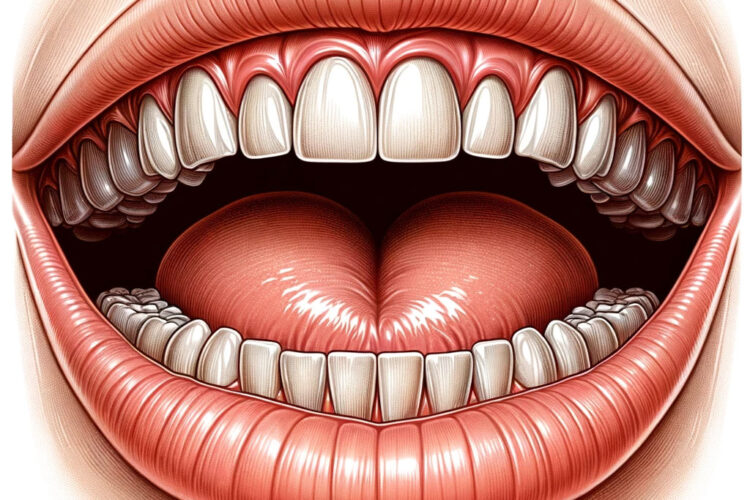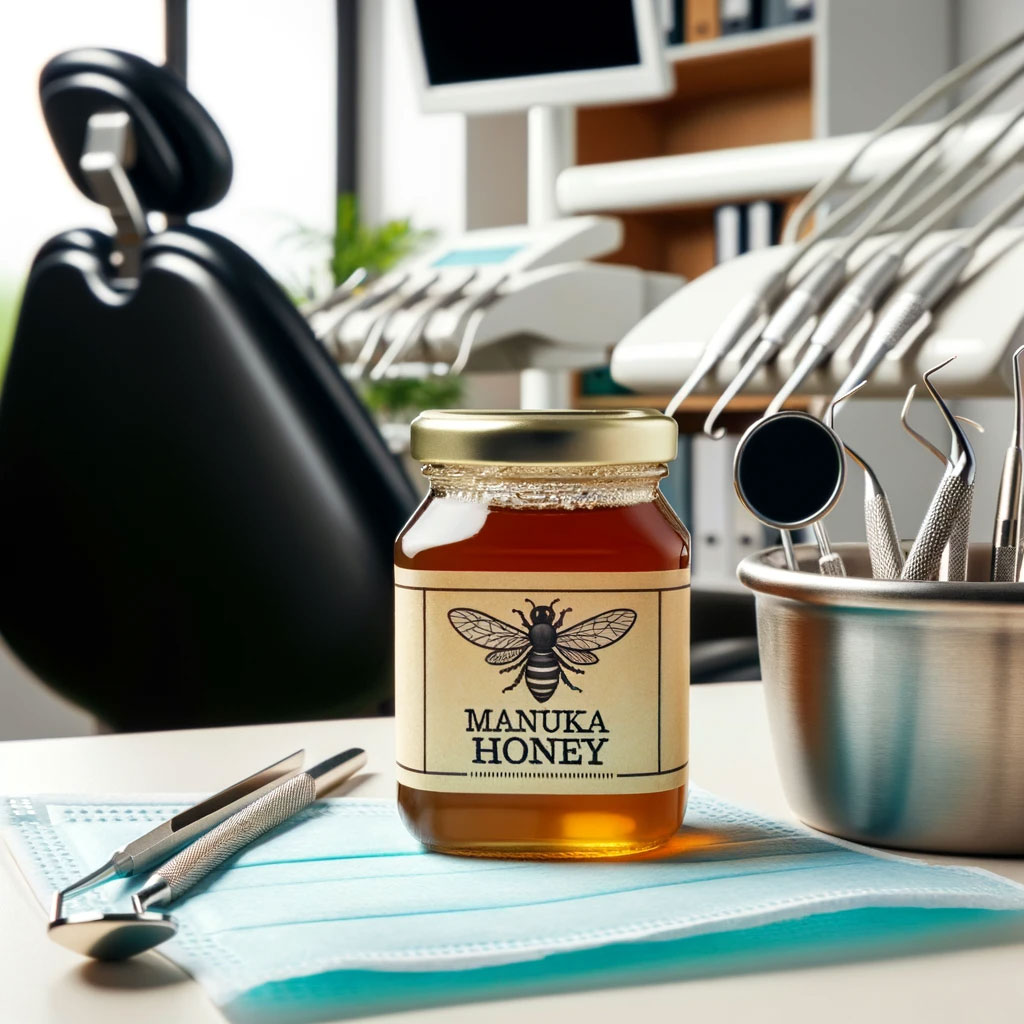Manuka honey is a type of honey that has been gaining popularity in recent years due to its numerous health benefits. One area where manuka honey has shown promising results is in dental health. Many people are turning to manuka honey as a natural alternative to traditional oral hygiene products, and some studies suggest that it may be effective in improving oral hygiene.
Understanding Manuka Honey
Manuka honey is a type of honey that is produced by bees that pollinate the manuka bush, which is native to New Zealand. It is different from other types of honey because of its unique antibacterial properties. The antibacterial properties of Manuka honey are due to the presence of a compound called methylglyoxal (MGO). MGO is produced when the bees convert the nectar of the manuka bush into honey.
Manuka honey has been used for centuries as a natural remedy for various health conditions, including sore throats, wounds, and digestive issues. In recent years, researchers have explored the potential benefits of Manuka honey for dental health.
Studies have shown that Manuka honey can help prevent the growth of harmful oral bacteria, such as Streptococcus mutans, which is a major contributor to tooth decay. Manuka honey has also been shown to reduce plaque formation and gingivitis, which are both common problems in dental health.
It is important to note that not all Manuka honey is created equal. The antibacterial properties of Manuka honey vary depending on the level of MGO present in the honey. The higher the MGO level, the more potent the antibacterial properties of the honey. Therefore, it is important to choose Manuka honey with a high MGO level for maximum dental health benefits.
Manuka Honey and Oral Health
Manuka honey is a type of honey that is produced in New Zealand by bees that pollinate the manuka bush. It has been used for centuries as a natural remedy for various ailments, including oral health problems. In recent years, there has been a growing interest in the potential benefits of manuka honey for improving oral hygiene. Here are some of the ways in which manuka honey can help promote good oral health.
Antibacterial Properties
One of the most well-known benefits of manuka honey is its antibacterial properties. Manuka honey contains a compound called methylglyoxal (MGO), which has been shown to have powerful antibacterial effects. This makes it effective at killing harmful bacteria that can cause gum disease, tooth decay, and other oral health problems. In fact, some studies have found that manuka honey is even more effective at killing bacteria than some antibiotics.
Anti-Inflammatory Effects
In addition to its antibacterial properties, manuka honey also has anti-inflammatory effects. This means that it can help reduce inflammation in the gums and other tissues in the mouth. Inflammation is a common problem in people with gum disease, and it can lead to redness, swelling, and bleeding. By reducing inflammation, manuka honey can help promote healing and prevent further damage to the gums and other tissues.
Promoting Oral Hygiene
Finally, manuka honey can also help promote good oral hygiene. It contains natural sugars that can help stimulate the production of saliva, which is important for washing away food particles and bacteria from the mouth. Additionally, manuka honey contains vitamins and minerals that are essential for maintaining healthy teeth and gums. These include calcium, magnesium, and zinc.
Scientific Studies and Findings
Clinical Trials
Several clinical trials have been conducted to investigate the effectiveness of Manuka honey in promoting oral health. One randomized controlled trial evaluated the role of honey in reducing pain due to radiation-induced mucositis in head and neck cancer patients. The study found that a mixture of honey, beeswax, and olive oil-propolis extract was effective in reducing pain and improving the quality of life of the patients.
Another study investigated the effects of chewing honey on plaque formation in orthodontic patients. The trial showed chewing honey reduced plaque formation and bacterial counts in dental plaques. The study also found that honey possesses antibacterial effects on bacteria recovered from plaques.
Research Outcomes
A recent epidemiological study showed that the global number of cases of caries of permanent teeth increased by 46.1% from 1990 to 2019. The fast increase in the dental caries burden suggests the need to re-evaluate the current insurance scheme.
An in vitro study compared the antibacterial effect of Manuka honey with Dabur honey on Streptococcus and Lactobacillus species. The results showed that 25% of Manuka honey has a statistically significant antibacterial effect than 25% of Dabur honey on both bacteria. Manuka honey with 100% concentration showed a statistically significant antibacterial effect compared to 100% Dabur honey on the same species of bacteria.
Future Perspectives and Conclusion
Manuka honey has been shown to have potential benefits in improving oral health. Its antibacterial, anti-inflammatory, and wound-healing properties make it a promising candidate for use in dental care. However, more research is needed to fully understand its mechanisms of action and effectiveness in different oral health conditions.
Future studies could investigate the optimal concentration and application of manuka honey for different dental conditions, as well as its potential side effects and interactions with other medications. Additionally, clinical trials could compare the effectiveness of manuka honey to other conventional treatments for dental problems.



